The PCCSM Division has a sustained commitment to health equity which is embedded throughout its research programs. Division members are leaders in equity research programs which span both the UW Department and Schools of Medicine and the other affiliated campuses (including the VA and Fred Hutch). As examples: Dr. David Horne, who serves as the Associate Chair for Diversity, Equity and Inclusion in the Department of Medicine, leads the bi-monthly Health Equity Research Works-in-Progress Group (HERWIP), a Department of Medicine-wide research co-learning meeting to discuss ongoing health equity research projects. Dr. Matty Triplette is a founding member of the Health Equity Steering Committee at Fred Hutch and led studies to inform universal sexual orientation and gender identity (SOGI) data collection approaches at the Cancer Center. Dr. Triplette also leads the Community Engagement Core of the Institute for Translational Health Sciences, where he supports community involvement throughout the research lifecycle and translational spectrum to support investigators and community organizations throughout the WWAMI region. Dr. Crystal Brown has leadership roles throughout the institution and serves as a Restorative Justice Facilitator in the UW Medicine Office of Healthcare Equity.
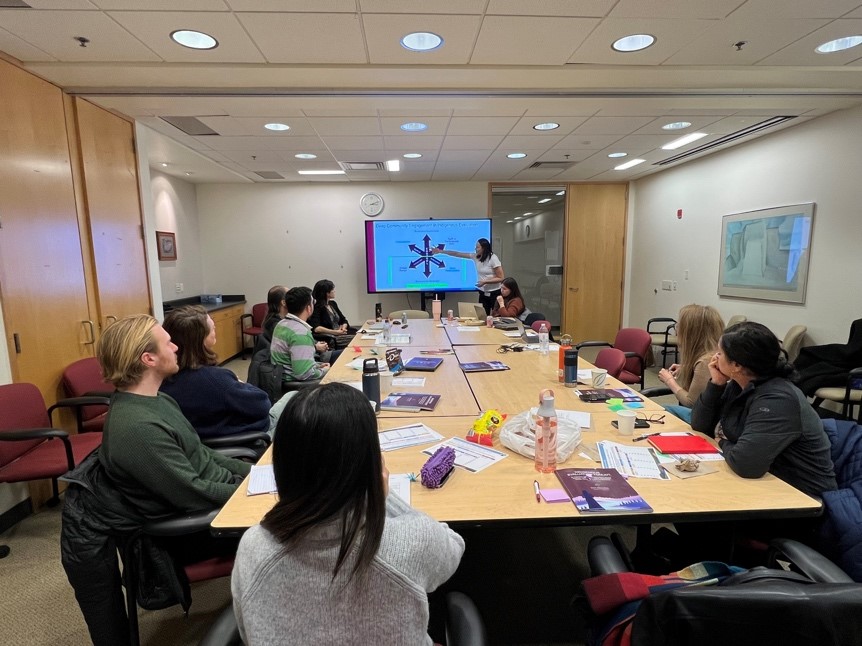
The strong commitment to health equity research training in the Division is exemplified by an embedded health equity curriculum including topics on measurement, equitable enrollment, and community-engaged research methods in the Clinical Research Works-in-Progress meetings. Investigators across the Division conduct research which includes community participation, considers equitable enrollment, and attempts to identify disparities. We highlight specific investigators and programs below that are principally focused on equity and/or community engagement.
Faculty
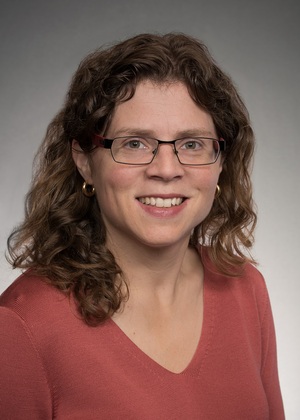
Dr. Molly Billings’ research and policy work focuses on sleep health disparities. Utilizing large databases, she has evaluated how environmental and neighborhood factors contribute to sleep health, disorders and disparities. Her current work focuses on sleep apnea treatment disparities: the effects of historically marginalized populations and health structures on diagnosis and adherence. She is an active advocate for change in federal policies which exacerbate disparities.
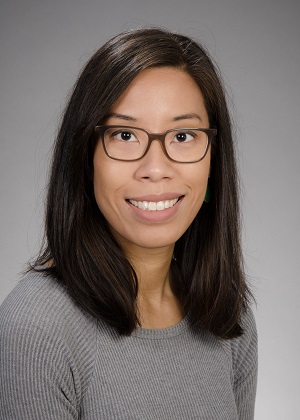
Dr. Crystal Brown’s research program focuses on understanding racial inequities in serious illness and at the end of life. As a trained medical ethicist and restorative justice facilitator her research seeks to address systemic racism as a cause of healthcare disparities. She utilizes mixed-methods and a framework directed approach to understand and address both provider and patient experiences of discrimination and medical mistrust in the ICU setting.
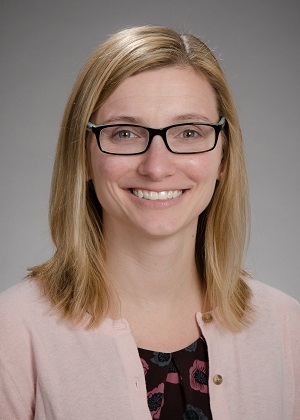
Dr. Ramos leads the Community Engagement Core at the CF TDN Coordinating Center bringing community perspectives to the earliest phases of clinical trial study design with community advisory board support for ongoing studies. Her research program includes epidemiologic studies to identify social determinants of health that impact access to lung transplantation and conducts community-engaged work to design and test interventions.
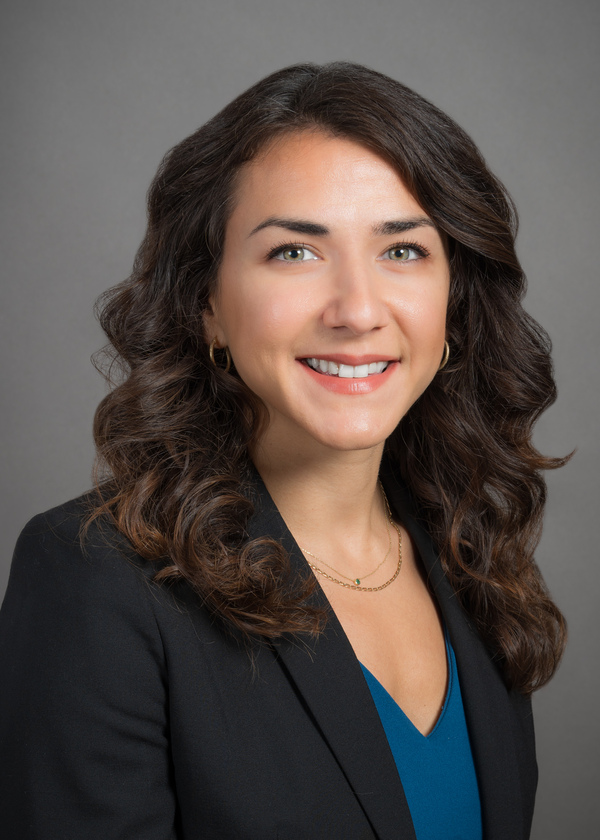
Dr. Tijana Milinic conducts research in health equity in CF, focused on understanding barriers and facilitators to equitable enrollment in CF clinical trials. Her work centers the voices of marginalized populations and integrates community perspectives in the development of solutions to systemic problems.
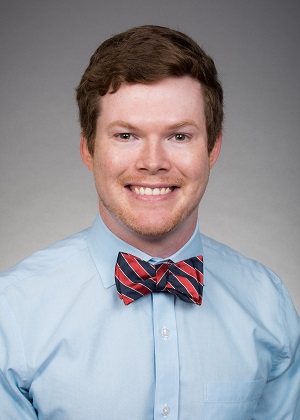
Dr. Matty Triplette’s research program focuses of lung cancer prevention in high-risk and underserved populations, using data to identify disparities in cancer prevention pathways to inform designs and testing of multi-level interventions to address them. They partner with communities and community-based organizations through participatory and community-engaged research approaches to co-design or adapt interventions to support lung cancer screening and tobacco cessation and evaluates these through pragmatic clinical trials. Much of his current work engages American Indian and Alaska Native people in both tribal and urban settings.



